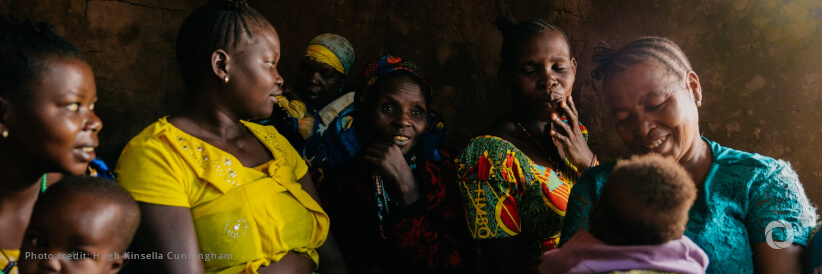The Swiss Agency for Development and Cooperation (SDC) of the FDFA, in partnership with four local organizations, is launching a new project aimed at reducing the mortality rate among mothers and children under the age of five in the Democratic Republic of the Congo (DRC). Federal Councillor Ignazio Cassis, head of the FDFA, has approved CHF 11.9 million for this project, which will benefit over eight million people.
The DRC is among the countries where giving birth carries the highest risks, with elevated maternal and neonatal mortality rates. Through the ‘Maternal and child health in North and South Kivu’ project, Switzerland aims to reduce mortality rates among mothers and children under the age of five. This initiative seeks to bolster maternal and child health services, ensure the availability of medicines, and promote the training of healthcare providers, particularly midwives.
Response to recurrent epidemics
The eastern DRC is frequently affected by epidemics such as cholera, measles, malaria, and Ebola. The project consequently also includes a component focused on improving prevention and epidemiological surveillance. More than eight million people are expected to benefit from the project, which the SDC is implementing over four years in partnership with four local organizations.
The DRC is also facing an outbreak of mpox, with over 5,600 confirmed cases and nearly 1,000 deaths. Switzerland is supporting efforts to combat the spread of the virus. These efforts include surveillance for early detection, community mobilization to promote healthy behavior, and the provision of medical kits and food supplies. In September, Switzerland granted CHF 1 million to UNICEF to strengthen prevention measures and patient care.
Swiss support to strengthen the health system in the DRC
The SDC, which has been active in the DRC since the 1990s through its international cooperation, is contributing to the strengthening of the health system. Key achievements include a reduction in malnutrition rates and the implementation of innovative approaches to the provision of support and care for victims of sexual violence. However, despite these advances, health infrastructure remains inadequate, access to care is limited, and training for healthcare staff is insufficient. This results in high maternal and infant mortality.
The DRC is one of the five poorest countries in the world. In 2023, three-quarters of the population, or 76 million people, were living on about two US dollars a day. Over 25 million people are experiencing food insecurity. In the east of the country, armed conflict is severely affecting civilian life, and has displaced over four million people.

